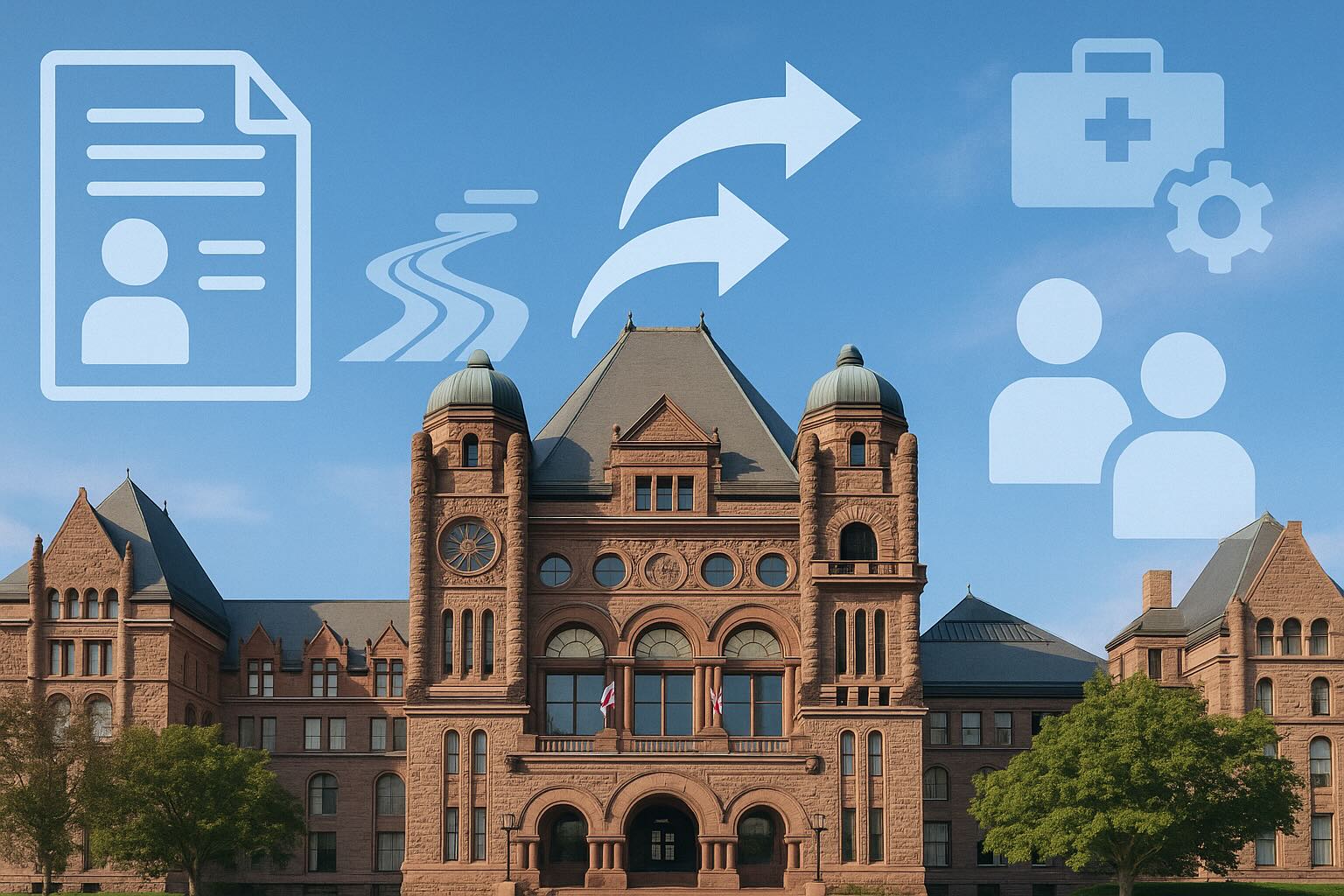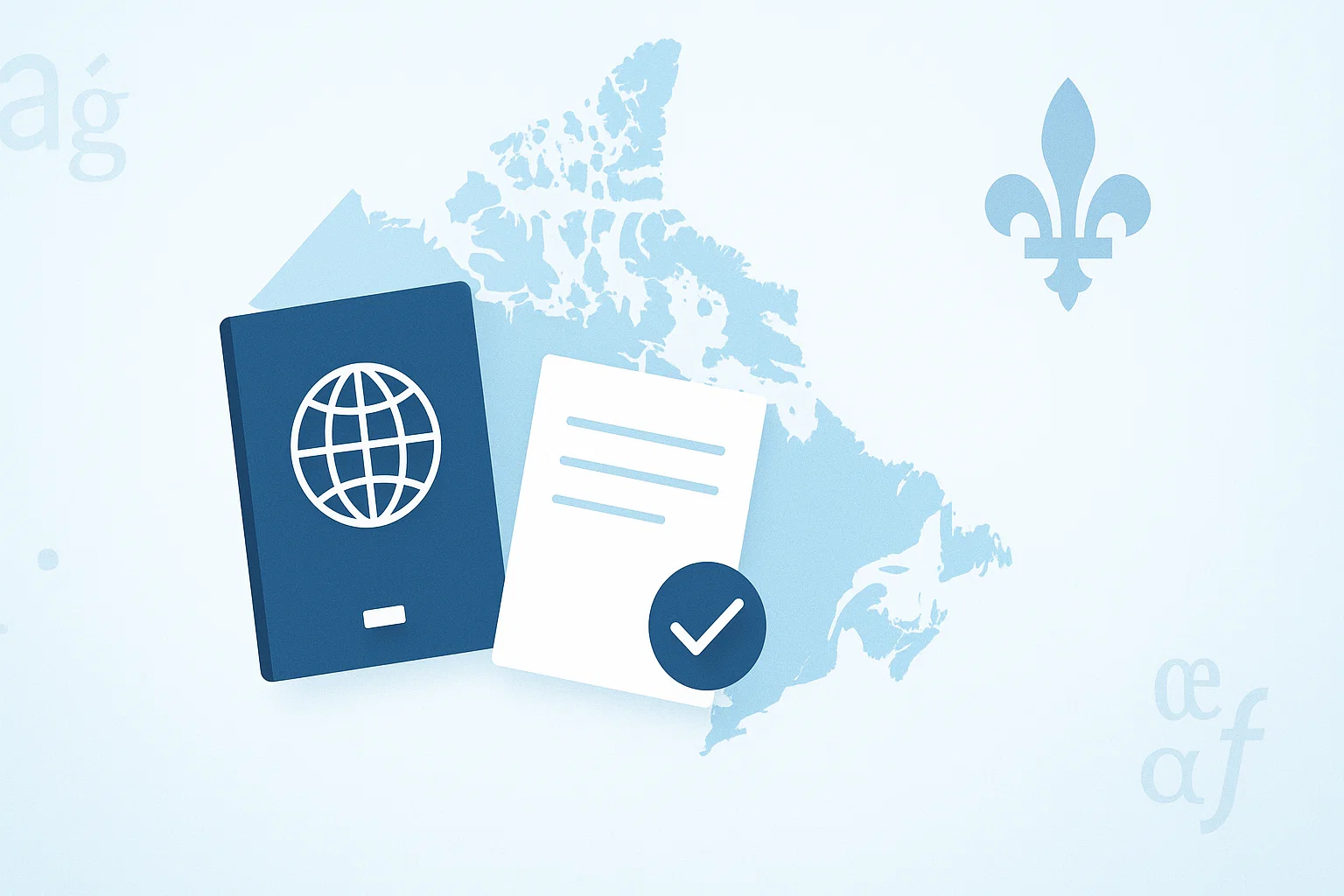For many new immigrants and international students planning to or having just arrived in Canada, a positive market signal is emerging: the country's persistently high rental prices are finally easing in some major cities. The latest report from the Canada Mortgage and Housing Corporation (CMHC) confirms that adjustments to immigration policy are directly impacting the rental market, cooling demand and providing tenants with more options and bargaining power.
Significant Shifts in the Rental Market: Rents Turn Downward in Multiple Cities
The report's data shows a clear drop in asking rents in several major Canadian cities in Q1 2025 compared to the same period in 2024. Halifax, Nova Scotia, saw the most significant decrease at 8.3%. The two major hubs of Vancouver and Calgary also saw rents fall by 4.8% and 3.6%, respectively. Toronto continued its downward trend with a 1.7% decrease.
Meanwhile, other key cities like Montréal, Edmonton, and Ottawa, while still seeing rent increases, experienced a substantial slowdown in the rate of growth compared to the previous year.
Year-over-Year Change in Asking Rents (Q1):
| City | 2024 vs. 2023 | 2025 vs. 2024 |
|---|---|---|
| Vancouver | 1.20% | -4.80% |
| Edmonton | 10.00% | 2.90% |
| Calgary | 10.70% | -3.60% |
| Ottawa | 3.80% | 2.90% |
| Toronto | -0.50% | -1.70% |
| Montréal | 2.40% | 3.80% |
| Halifax | 11.70% | -8.30% |
The CMHC attributes this phenomenon to a combination of reduced demand in the rental market and a steady increase in the supply of new rental units. For newcomers who lack local connections and credit history, "asking rents" are the prices they face directly upon arrival. A decline in these rates is undoubtedly good news.
Tightened Immigration Policy as the Key Driver
The cooling of the rental market is closely linked to Canada's slowing population growth, particularly the reduction in the number of temporary residents. After peaking in mid-2023, rental demand began to feel the impact.
Data from Statistics Canada shows that from January 1 to April 1, 2025, Canada's population grew by only 20,107 people, a marked slowdown. This was mainly due to a net decrease of 61,111 temporary residents (holders of study and work permits), coupled with lower admissions of permanent residents.
The federal government's cap on international student numbers and new provincial allocation policies have put direct downward pressure on rental demand in British Columbia, Ontario, and Nova Scotia. All three provinces saw a decline in the number of work and study permit holders in Q1 2025. Similarly, slower growth in the number of non-permanent residents in Quebec and Alberta contributed to the moderating rent growth in those regions.
Market Responses from Supply and Demand
Reduced demand and increased supply are changing the market dynamics. Landlords are widely reporting that it is taking longer to lease vacant units. This is especially true for new purpose-built rental properties in Toronto, Vancouver, and Calgary, which face stiff competition from a well-supplied secondary rental market (e.g., privately-owned condos for rent).
Owners in the secondary market are generally more willing to lower rents to reduce vacancy periods. Meanwhile, operators of purpose-built rentals are adapting by offering incentives to attract tenants, such as one month of free rent, moving allowances, or signing bonuses. Despite this, the CMHC report notes that many operators expect they may still need to lower rents over the next few years to adjust to market conditions.
On the supply side, a positive trend is that the completion of rental housing units in most of Canada's markets is above the "10-year historical average," indicating an improving supply pipeline.
Rent Declines Do Not Equal Improved Affordability
It is crucial to note that while rents are softening, the issue of housing affordability has not been fundamentally resolved. The CMHC report emphasizes that in many cities, "advertised rent-to-income ratios" remain high. This means rental expenses continue to consume a large portion of household income.
For example, in Toronto, this ratio has steadily climbed from 14.5% in 2022 to 16.4% in 2025. In Vancouver, after two years of decline, the ratio rebounded to 17.8% in 2025. This indicates that the housing burden remains heavy for average families and newcomers.
Information for Newcomers: An Overview of Provincial Rent Control Policies
To protect tenants from sharp rent increases, some Canadian provinces have implemented rent control policies. These regulations are created and enforced by provincial governments, so the rules vary significantly. For new immigrants, understanding the policies in their province is essential.
- Provinces with Rent Control: British Columbia, Manitoba, Nova Scotia, Ontario, Prince Edward Island.
- Provinces without Rent Control: Alberta, New Brunswick, Newfoundland and Labrador, Quebec, Saskatchewan, and the three territories.
Special Notes:
- In Nova Scotia, rent increases are capped at 5% annually until December 31, 2027.
- In Ontario, rent control only applies to residential units built or first occupied before November 15, 2018. Newer buildings are exempt.
Outlook
For the remainder of 2025, slower population growth and evolving employment conditions are expected to continue shaping Canada's rental market. With new supply continuing to outpace demand growth, the market is set to remain in a period of adjustment. This offers some much-needed breathing room for tenants who have endured years of soaring rents. However, achieving true housing affordability still has a long way to go.









